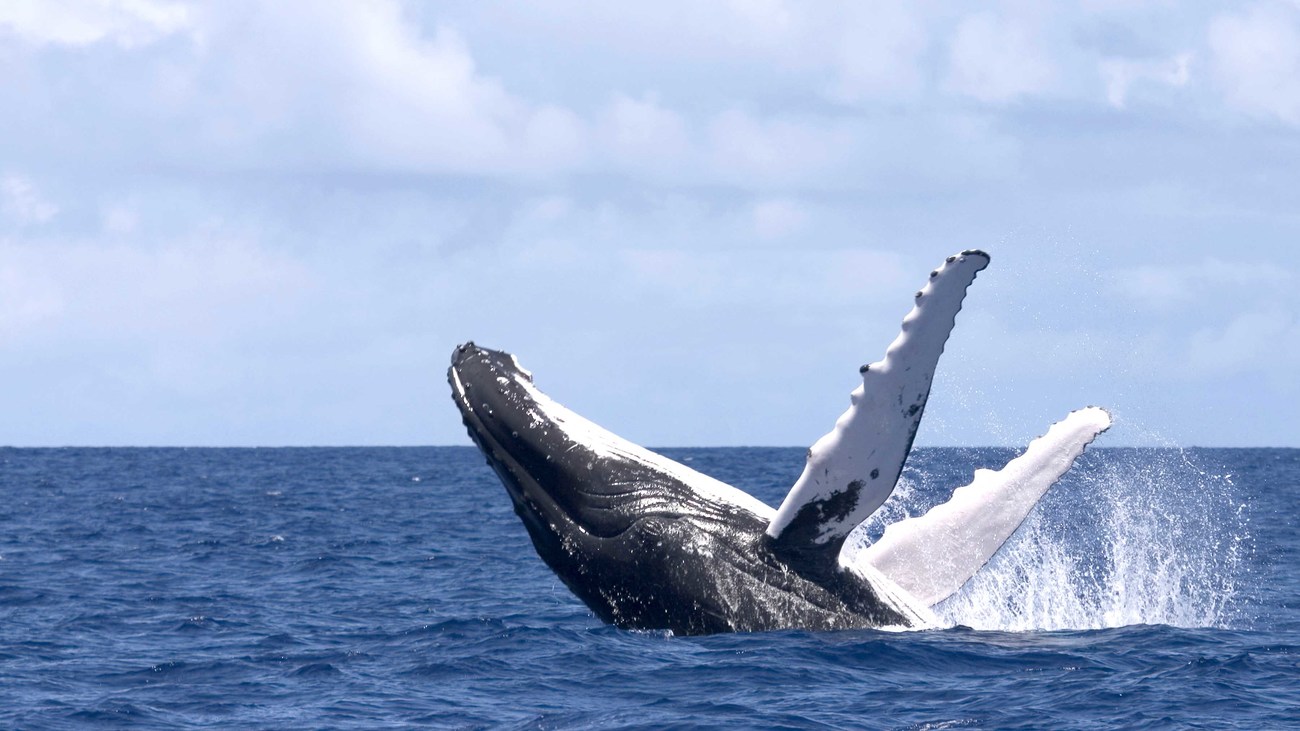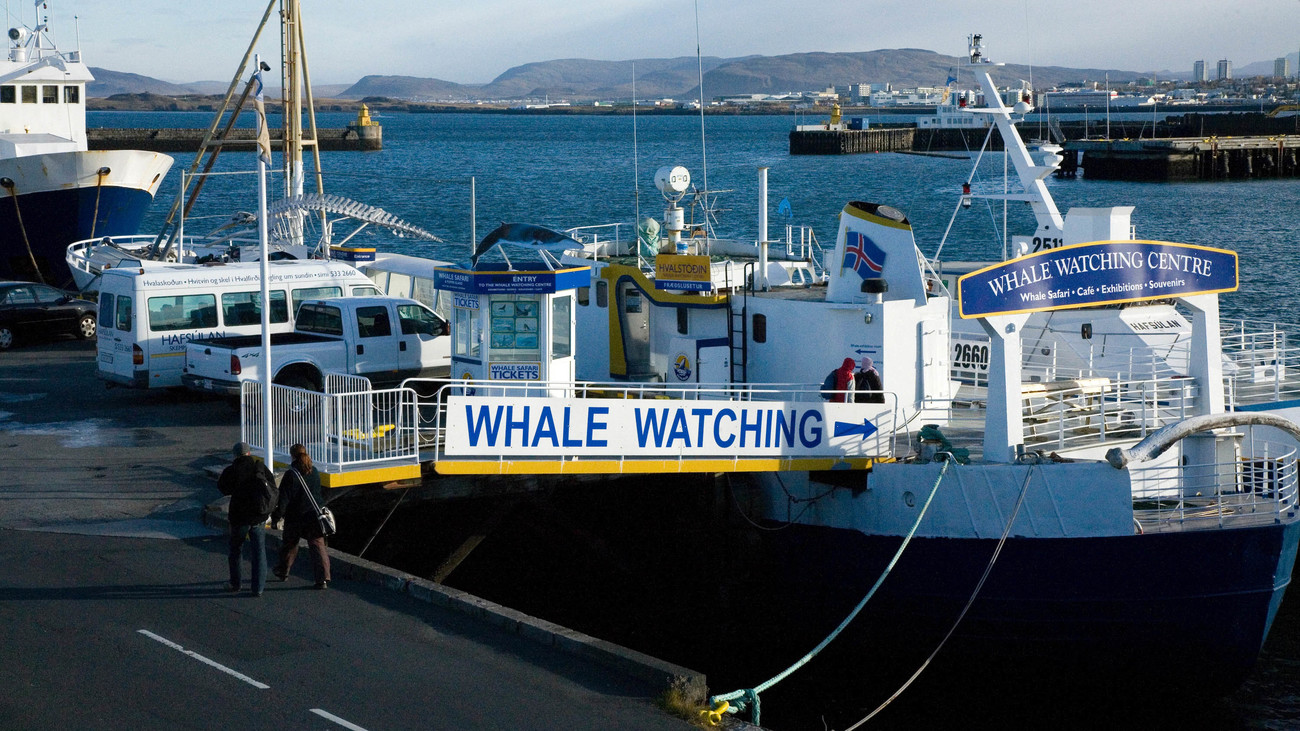Whale Watching Promotion - Global
Watching is better than whalingthe benefits of sustainable whale watching
the benefits of sustainable whale watching

There’s something magical about watching a whale surface from the depths of the ocean. Getting a glimpse of these giants sparks amazement and makes us marvel at the true beauty of the natural world. High-quality nature documentaries that are now widely available give millions of people the opportunity to witness the amazing world of whales like never before—but seeing a whale in the wild can be a life-changing experience. Whale watching has become an incredible industry to not only spread awareness of whales, but also help communities economically prosper in a sustainable way.
While governments continue to debate the future of commercial whaling, the bottom line is increasingly clear: Responsible whale watching is the most sustainable, environmentally friendly and economically beneficial “use” of whales in the 21st century.
Is whale watching safe for whales?
Any boat following a whale too closely can impact the animal in a negative way. Even the presence of lingering boats can disturb these animals, causing them to adjust their movements and behaviors. When large numbers of boats approach whales, the effects can be far more severe. Stress from underwater noise pollution, disorientation, and ship strikes can all occur. So, can whale watching experiences be safe for people and whales? The answer is yes! We’ve worked with communities to develop sustainable whale watching practices, where the operators and their customers take responsibility and implement measures to protect whales and the ocean.

How to pick the right whale watching operator
Sustainable whale watching companies should be transparent with their practices and measures to protect whales. Before scheduling a whale watch, check the operator’s website or speak with a representative to ensure that you support the most responsible group.
- Does the whale watching operation abide by state/country regulations and commit to maintaining a safe distance between the vessel and marine mammals?
- Is the boat environmentally engineered to lower noise pollution and use less fuel?
- Does it operate at a speed of seven knots or slower?
- Do they have a protocol in place for when mother-calf pairs are encountered?
The answers to these questions can help you determine the integrity of a whale watching operator and help you support the best one.
Benefits to whales and marine ecosystems
Responsible whale watching can greatly benefit whales and other marine life. During whale watching tours, guests are often educated on the importance of respecting and protecting these animals. The experience as a whole can foster a love for the ocean and inspire individuals to take actions that support marine conservation. From an economic standpoint, sustainable whale watching is the best alternative to commercial whaling and it’s becoming easier to make the switch. It creates new local jobs, boosts the economy, and drives tourism to unique locations.
How does ifaw promote sustainable whale watching?
IFAW has played a major part in the development of whale watching as a sustainable alternative to the cruel and lethal practice of commercial whaling. Since first becoming involved in 1980, our work has created a wave of change around the world, leading to new projects and networks of operators in Latin America, South Africa, Asia, Australia, the Pacific, Europe, North America and the Caribbean.
Iceland has become the epicenter of our sustainable whale watching work. Partnering with IceWhale, we created Meet Us Don’t Eat Us to help promote sustainable solutions to the country’s long history of commercial whaling. Working with local restaurants and community members, we raise awareness of sustainable whale watching and encourage tourists to say “no” to the consumption of minke whale meat. Since the start of our campaign, tourist whale meat consumption has been cut in half and the commercial whaling industry has halted.
Related content
Our work can’t get done without you. Please give what you can to help animals thrive.